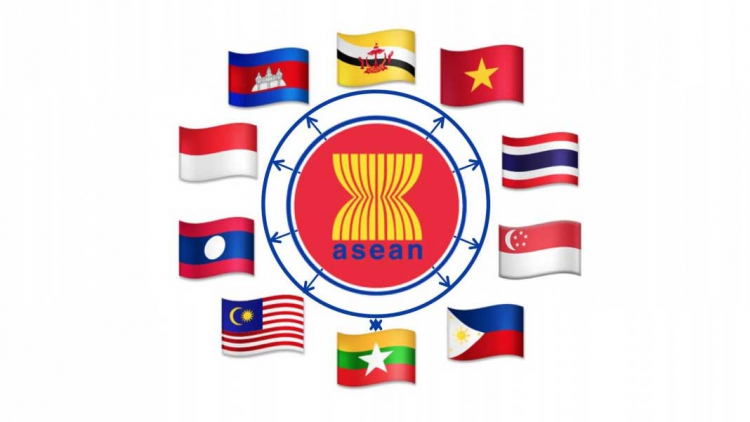LEGISLATIVE VALUES
IN THE LE DYNASTY'S CRIMINAL CODE

Nguyen Minh Tuan
VNU University of Law, 144 Xuan Thuy, Cau Giay, Hanoi, Vietnam
VNU JOURNAL OF SCIENCE: LEGAL STUDIES, VOL 39, NO. 3 (2023), PP. 1-9.
Abstract: The Criminal Code of the Le dynasty is one of the typical legal heritages of Vietnam. Many progressive values can be found in this Code to be inherited. In this article, the author points out the technical and content innovations of this Code in comparison with the Codes of Ly-Tran dynasties or Chinese law. Then, at the conclusion part, the author suggests some learned lessons relating to the values of this Code for the legislation of Vietnam today to continue to inherit.
Keywords: Criminal Code of Le dynasty, creativity, values, legislative technique, legislative content.









